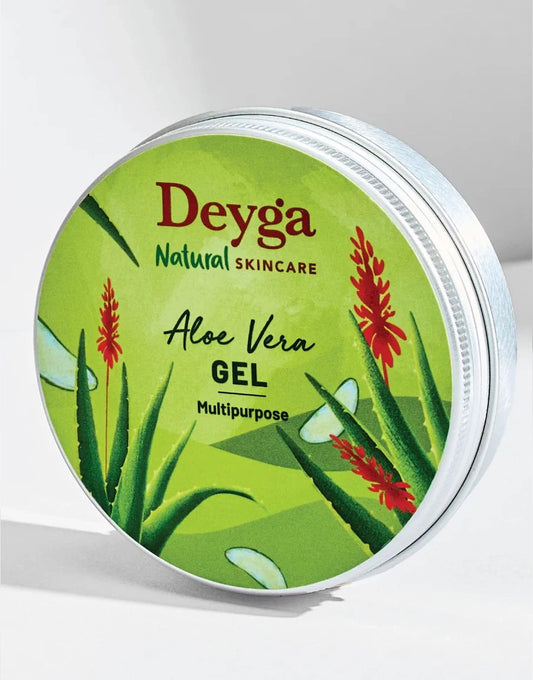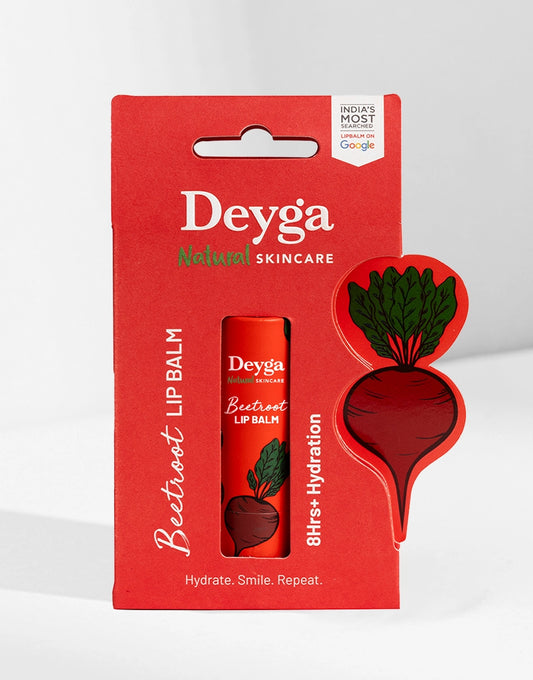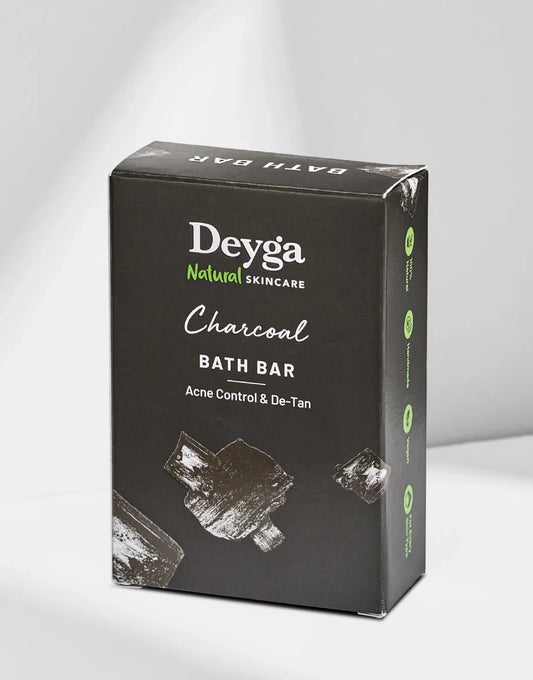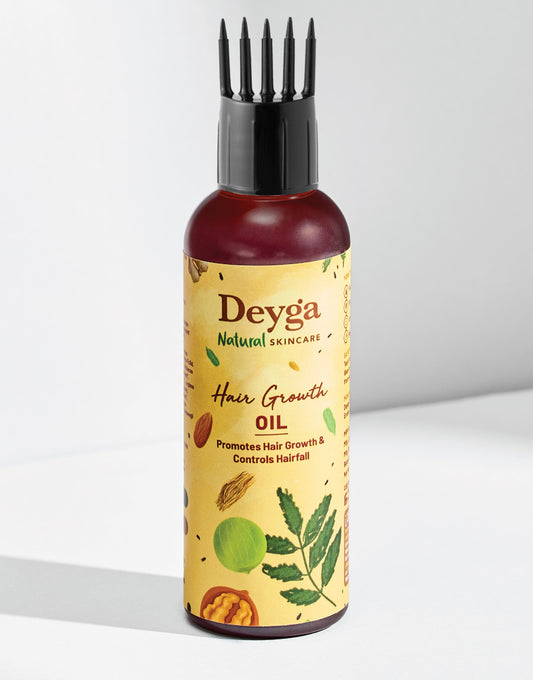If you are someone dealing with oily/acne prone skin, it is completely understandable to know how tricky it is to choose the products which suits your skin. Most of them face issues like greasiness or even too much breakout post product applications. This is because of the greasiness in the products which makes oily skin even oilier. Here is where, “Non-comedogenic Products” comes, They are designed in a way which moisturizes or even does the work without making the skin greasy.
In this post, you will know what non-comedogenic really means, why it suits oily skin, and how to choose the best sunscreen for your daily routine.
What Does “Non-Comedogenic” Mean?
Non-comedogenic means, a product which does not clog your pores or cause comedones. They are nothing but the tiny bumps which turn into blackheads or whiteheads. People with oily skin or acne-prone skin should choose non-comedogenic products so that the pores do not get clogged or blocked.
When you are picking sunscreen, always ensure to pick light-weight, non-greasy sunscreen which avoids acne flare-ups. Choosing non-comedogenic sunscreen which is light-in-weight helps in allowing your skin to breathe by shielding from UVA and UVB rays.
Why Sunscreen is a Must — Even for Oily Skin
No matter what your skin type is or skin concerns, using sunscreen SPF is mandatory. Considering the greasiness or extra shine in the skin and skipping them, leads to more harm than good. Here are some of the reasons why sunscreen is non-negotiable step in skincare routine:
-
Prevents Aging: Continuous exposure to sun fastens the appearance of fine lines, wrinkles, and pigmentation.
-
Prevents Acne Marks: Acne-prone skin generally is prone to marks post acne. In that case, when you use sunscreen, they heal the active pimples and prevent its marks too.
-
Reduces Oil Secretion: Few of the sunscreens are even made considering the oily skin folks, which actually helps in controlling the oil without making skin greasy.
-
Prevents Skin cancer: Daily SPF use is your best defense against harmful UV radiation.
So it is okay even when your skin feels oily, never miss sunscreen in your AM routine. You can even use compact powder after using sunscreen.
Key Features to Look For in a Sunscreen for Oily Skin
When choosing a sunscreen for oily or acne-prone skin, here are some of the key factors to consider:
-
Always go with gel-based or water-based sunscreens, which quickly absorb without leaving greasy residue.
-
Going with matte-based sunscreen helps in keeping your skin glowing. Perfect for hot, humid climatic conditions.
-
Go with SPF30+ and above, for better protection
-
Choose products which are labelled “non-comedogenic”.
-
Also pick products without fragrance for safer options. It’s because fragrance might be irritating to the skin.
Best Ingredients for Non-Comedogenic Sunscreen
Let’s look at a few hero ingredients that make sunscreens perfect for oily and acne-prone skin:
-
Zinc Oxide & Titanium Dioxide: Has natural mineral filters which helps in calming the inflamed skin and prevents irritation or redness.
-
Niacinamide: Versatile product that helps in balancing oil, minimizes pores, and also improves skin tone.
-
Green Tea Extract: Rich in antioxidants, a perfect mantra for acne-prone skin.
-
Hyaluronic Acid: Hydrates the skin naturally without making them greasy.
Deyga Organics Non-Comedogenic Sunscreen: Your Everyday Shield
Looking for such sunscreen which suits and balances all the above conditions mentioned? Then SPF 30 sunscreen is one of the best choices to go with!
It’s non-comedogenic, free from fragrance, and even has the best ingredients like carrot seed oil, raspberry seed oil, and aloe vera. This cream is light-in-weight and glides smoothly on acne-prone skin without making them greasy or shiny. Also the nourishing ingredients in the sunscreen namely almond oil and shea butter nourishes within the skin and does not cause acne and breakouts.
A perfect choice for everyday sunscreen, considering just being at home or spending time outdoors. Made of completely natural ingredients, balances the oil levels, and does not cause stickiness post application.
For best results, make sure to incorporate in the AM routine continuously for a month or two. The results are nearing!
How to Apply Sunscreen the Right Way
Even when you pick the right sunscreen, when it's not used properly, they will not work. So, the right application is important.
-
Make sure to use a good amount to cover your face and neck. A pea sized amount is not enough and does not give protection.
-
If you are going to use makeup, let the sunscreen sit for2 - 10mins before layering with your concealer and foundation.
-
If you are stepping out, carry your sunscreen. Reapply every 3 hrs, never miss this.
-
Even if you are indoors or if the climate is cloudy, no, don't skip sunscreen. Because the rays do penetrate through clouds and windows.
Daily Routine for Oily Skin with Sunscreen
In the morning post face wash, follow up with tea tree toner. Then, you can use any serum like Vitamin C serum or Niacinamide serum. Then use your non-comedogenic, light-weight/gel-based/water-based moisturizer. And wind up with SPF30 sunscreen.
Conclusion
Choosing a non-comedogenic sunscreen should be an essential part of your skincare routine. They help in preventing acne, acne marks, ageing signs, wrinkles, and more. If you are someone with oily skin, picking the right sunscreen would have been difficult. But trying out SPF 30 sunscreen will surely protect and keep you comfortable at the same time.
So, if you want to step out or even if you are at home, no matter what the climatic condition is, kindly do use sunscreen prior. And your skin will be protected for sure.
FAQs
1. What makes a sunscreen non-comedogenic?
It’s formulated without ingredients that clog pores, such as heavy oils or waxes. It’s lightweight, breathable, and suitable for acne-prone skin.
2. How often should I reapply sunscreen if I have oily skin?
Every 3–4 hours, especially if you’re sweating or outdoors.
3. Can I skip moisturizer if my sunscreen is hydrating?
If your sunscreen provides adequate hydration, you can skip moisturizer in the morning.
4. Does non-comedogenic sunscreen prevent acne?
Yes, it helps prevent pore congestion and reduces the risk of acne flare-ups.
5. Can oily skin use mineral sunscreen?
Absolutely! Mineral sunscreens with zinc oxide and titanium dioxide are ideal for oily, sensitive skin types.
Table of content
If you are someone dealing with oily/acne prone skin, it is completely understandable to know how tricky it is to choose the products which suits your skin. Most of them face issues like greasiness or even too much breakout post product applications. This is because of the greasiness in the products which makes oily skin even oilier. Here is where, “Non-comedogenic Products” comes, They are designed in a way which moisturizes or even does the work without making the skin greasy.
In this post, you will know what non-comedogenic really means, why it suits oily skin, and how to choose the best sunscreen for your daily routine.
What Does “Non-Comedogenic” Mean?
Non-comedogenic means, a product which does not clog your pores or cause comedones. They are nothing but the tiny bumps which turn into blackheads or whiteheads. People with oily skin or acne-prone skin should choose non-comedogenic products so that the pores do not get clogged or blocked.
When you are picking sunscreen, always ensure to pick light-weight, non-greasy sunscreen which avoids acne flare-ups. Choosing non-comedogenic sunscreen which is light-in-weight helps in allowing your skin to breathe by shielding from UVA and UVB rays.
Why Sunscreen is a Must — Even for Oily Skin
No matter what your skin type is or skin concerns, using sunscreen SPF is mandatory. Considering the greasiness or extra shine in the skin and skipping them, leads to more harm than good. Here are some of the reasons why sunscreen is non-negotiable step in skincare routine:
-
Prevents Aging: Continuous exposure to sun fastens the appearance of fine lines, wrinkles, and pigmentation.
-
Prevents Acne Marks: Acne-prone skin generally is prone to marks post acne. In that case, when you use sunscreen, they heal the active pimples and prevent its marks too.
-
Reduces Oil Secretion: Few of the sunscreens are even made considering the oily skin folks, which actually helps in controlling the oil without making skin greasy.
-
Prevents Skin cancer: Daily SPF use is your best defense against harmful UV radiation.
So it is okay even when your skin feels oily, never miss sunscreen in your AM routine. You can even use compact powder after using sunscreen.
Key Features to Look For in a Sunscreen for Oily Skin
When choosing a sunscreen for oily or acne-prone skin, here are some of the key factors to consider:
-
Always go with gel-based or water-based sunscreens, which quickly absorb without leaving greasy residue.
-
Going with matte-based sunscreen helps in keeping your skin glowing. Perfect for hot, humid climatic conditions.
-
Go with SPF30+ and above, for better protection
-
Choose products which are labelled “non-comedogenic”.
-
Also pick products without fragrance for safer options. It’s because fragrance might be irritating to the skin.
Best Ingredients for Non-Comedogenic Sunscreen
Let’s look at a few hero ingredients that make sunscreens perfect for oily and acne-prone skin:
-
Zinc Oxide & Titanium Dioxide: Has natural mineral filters which helps in calming the inflamed skin and prevents irritation or redness.
-
Niacinamide: Versatile product that helps in balancing oil, minimizes pores, and also improves skin tone.
-
Green Tea Extract: Rich in antioxidants, a perfect mantra for acne-prone skin.
-
Hyaluronic Acid: Hydrates the skin naturally without making them greasy.
Deyga Organics Non-Comedogenic Sunscreen: Your Everyday Shield
Looking for such sunscreen which suits and balances all the above conditions mentioned? Then SPF 30 sunscreen is one of the best choices to go with!
It’s non-comedogenic, free from fragrance, and even has the best ingredients like carrot seed oil, raspberry seed oil, and aloe vera. This cream is light-in-weight and glides smoothly on acne-prone skin without making them greasy or shiny. Also the nourishing ingredients in the sunscreen namely almond oil and shea butter nourishes within the skin and does not cause acne and breakouts.
A perfect choice for everyday sunscreen, considering just being at home or spending time outdoors. Made of completely natural ingredients, balances the oil levels, and does not cause stickiness post application.
For best results, make sure to incorporate in the AM routine continuously for a month or two. The results are nearing!
How to Apply Sunscreen the Right Way
Even when you pick the right sunscreen, when it's not used properly, they will not work. So, the right application is important.
-
Make sure to use a good amount to cover your face and neck. A pea sized amount is not enough and does not give protection.
-
If you are going to use makeup, let the sunscreen sit for2 - 10mins before layering with your concealer and foundation.
-
If you are stepping out, carry your sunscreen. Reapply every 3 hrs, never miss this.
-
Even if you are indoors or if the climate is cloudy, no, don't skip sunscreen. Because the rays do penetrate through clouds and windows.
Daily Routine for Oily Skin with Sunscreen
In the morning post face wash, follow up with tea tree toner. Then, you can use any serum like Vitamin C serum or Niacinamide serum. Then use your non-comedogenic, light-weight/gel-based/water-based moisturizer. And wind up with SPF30 sunscreen.
Conclusion
Choosing a non-comedogenic sunscreen should be an essential part of your skincare routine. They help in preventing acne, acne marks, ageing signs, wrinkles, and more. If you are someone with oily skin, picking the right sunscreen would have been difficult. But trying out SPF 30 sunscreen will surely protect and keep you comfortable at the same time.
So, if you want to step out or even if you are at home, no matter what the climatic condition is, kindly do use sunscreen prior. And your skin will be protected for sure.
FAQs
1. What makes a sunscreen non-comedogenic?
It’s formulated without ingredients that clog pores, such as heavy oils or waxes. It’s lightweight, breathable, and suitable for acne-prone skin.
2. How often should I reapply sunscreen if I have oily skin?
Every 3–4 hours, especially if you’re sweating or outdoors.
3. Can I skip moisturizer if my sunscreen is hydrating?
If your sunscreen provides adequate hydration, you can skip moisturizer in the morning.
4. Does non-comedogenic sunscreen prevent acne?
Yes, it helps prevent pore congestion and reduces the risk of acne flare-ups.
5. Can oily skin use mineral sunscreen?
Absolutely! Mineral sunscreens with zinc oxide and titanium dioxide are ideal for oily, sensitive skin types.
 Track My Order
Track My Order












